Today it went live: “Springsteen at Broadway”.
Springsteen on Broadway was a concert by Bruce Springsteen being held at the Walter Kerr Theatre in New York City. Unfortunately I did not see Bruce Springsteen on Broadway. It was impossible to get tickets.
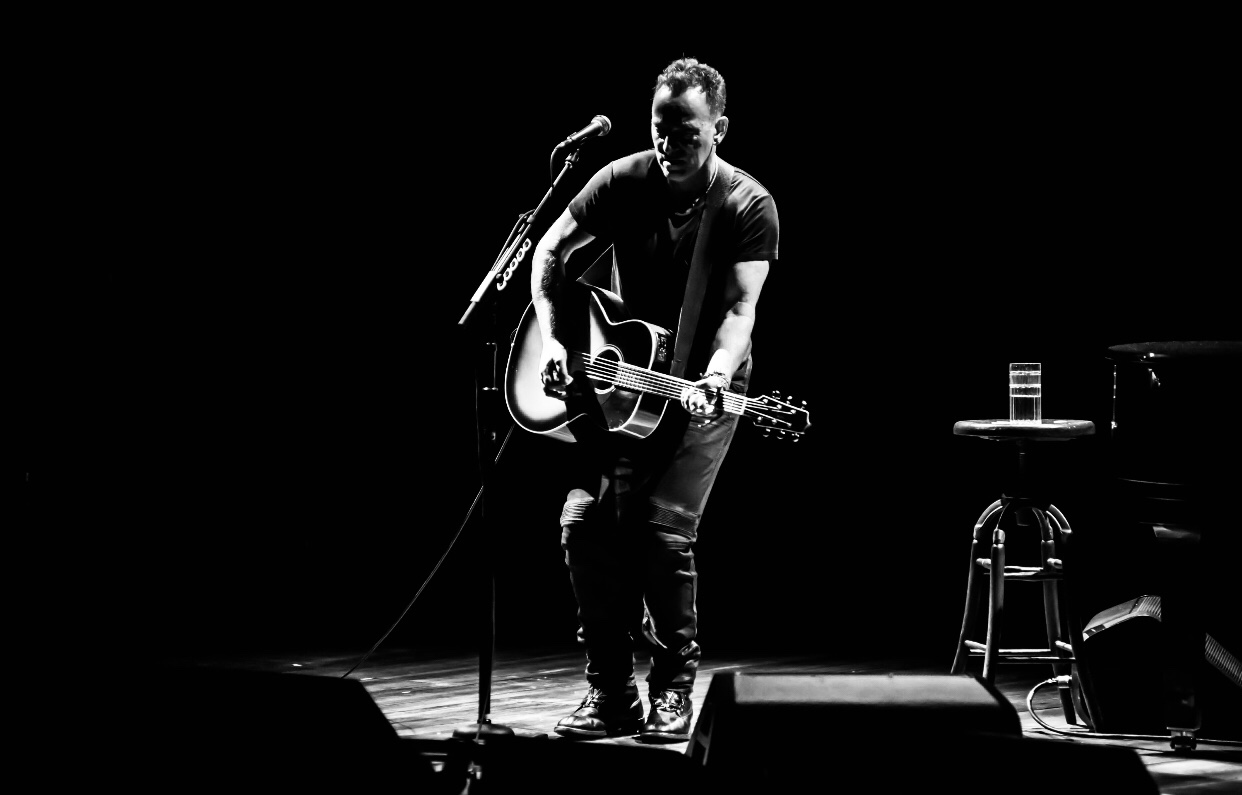
Bow the last of the many shows at the theatre is done and The Boss gives us the concert film.
According to legendary rock jounalist Jens Petersen “…it is one of the best concert documentaties ever made”.
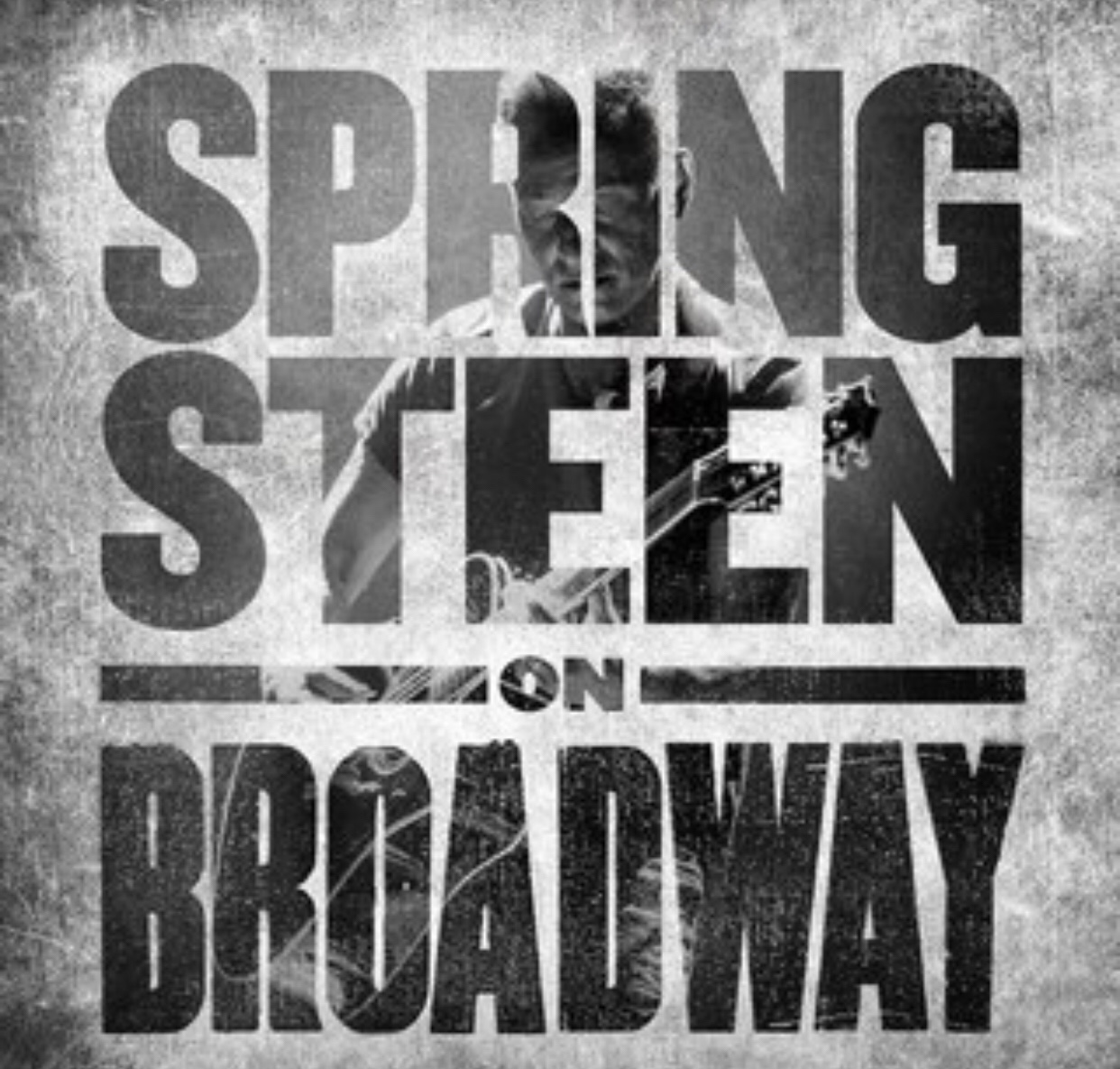
It shows Springsteens performance, filmed for two evenings last summer.
Those who flew to New York have testified for an unforgettable experience. Certainly, we are many who wanted to be there, but it is powerful to see the documentary as well. Filmed with several cameras, carefully lit. Professional storytelling.
You get close. You feel like one in the audience for two and a half hours when Springsteen tells the story of his life, using a guitar and a piano. You can see every facial expression, the anger, the sadness, the tears and also the smiles.
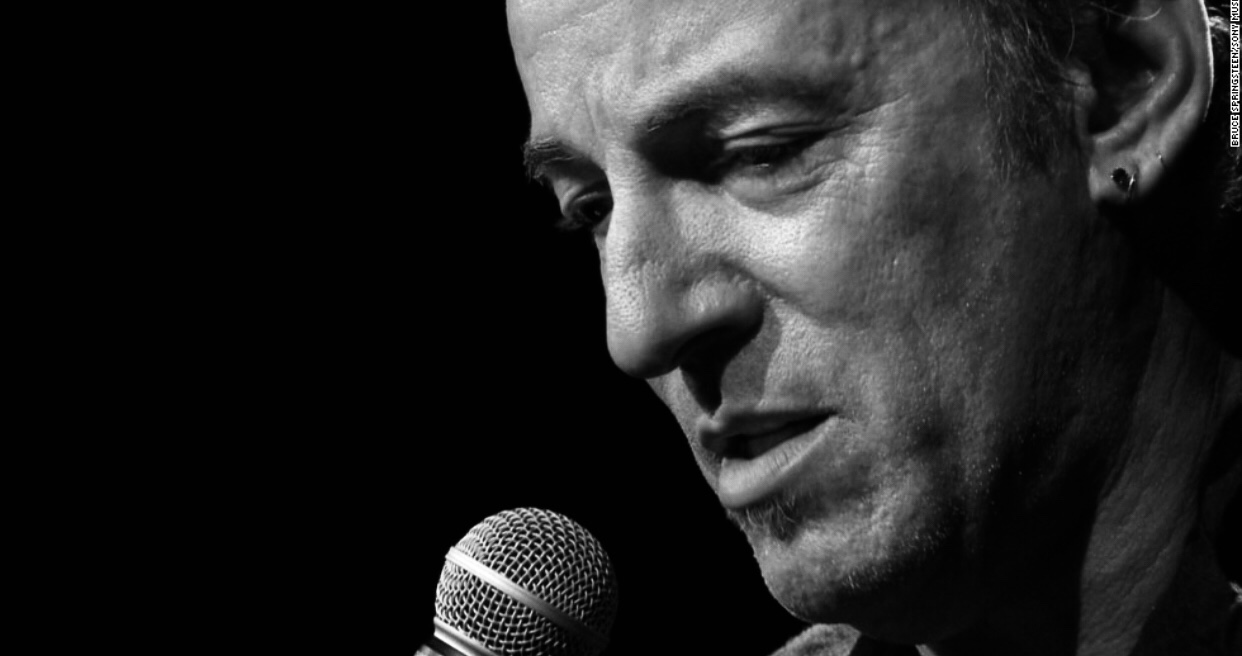
Already when I saw his shows in 1981 and 1984 he spoke in long monologues. It is obvious that he loves to tell a story. He is doing it very well. It is also obvious that he loves words.
This is an amazing show and maybe the best concert film ever made. Don’t miss it.
Comment by Fabian Picardo, Chief Minister Gibraltar:
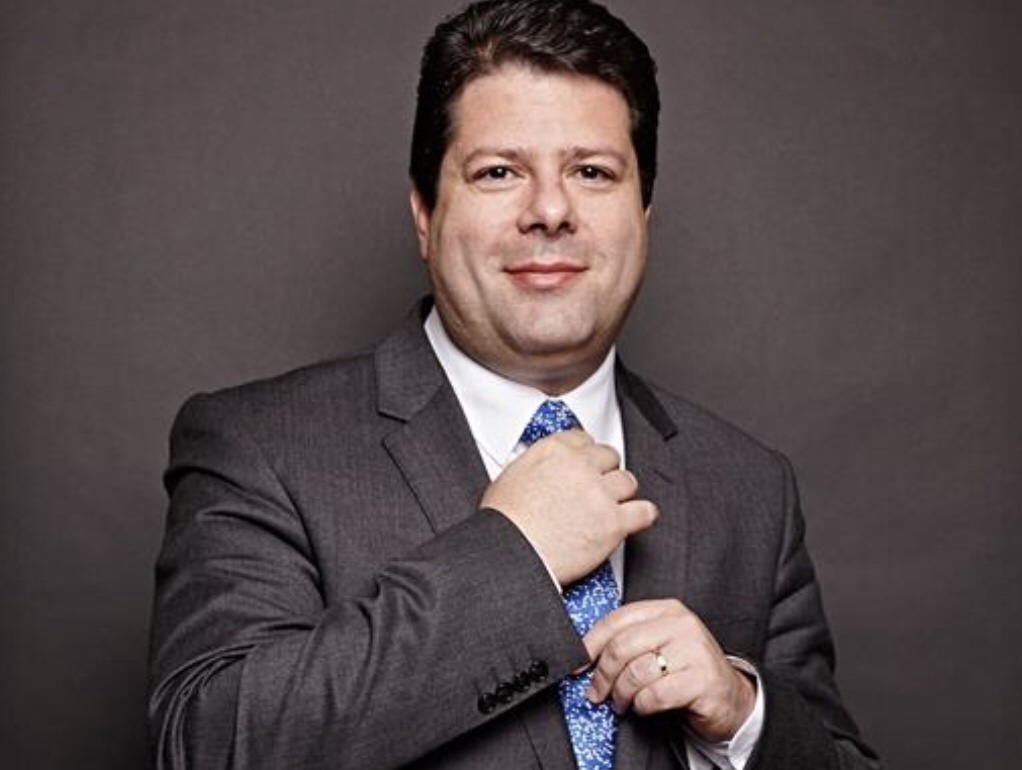
”Here is our statement about #Gibraltar’s future trade and other arrangements after #Brexit. We will stick with Britain and look forward to negotiations with the EU as part of the whole UK family”
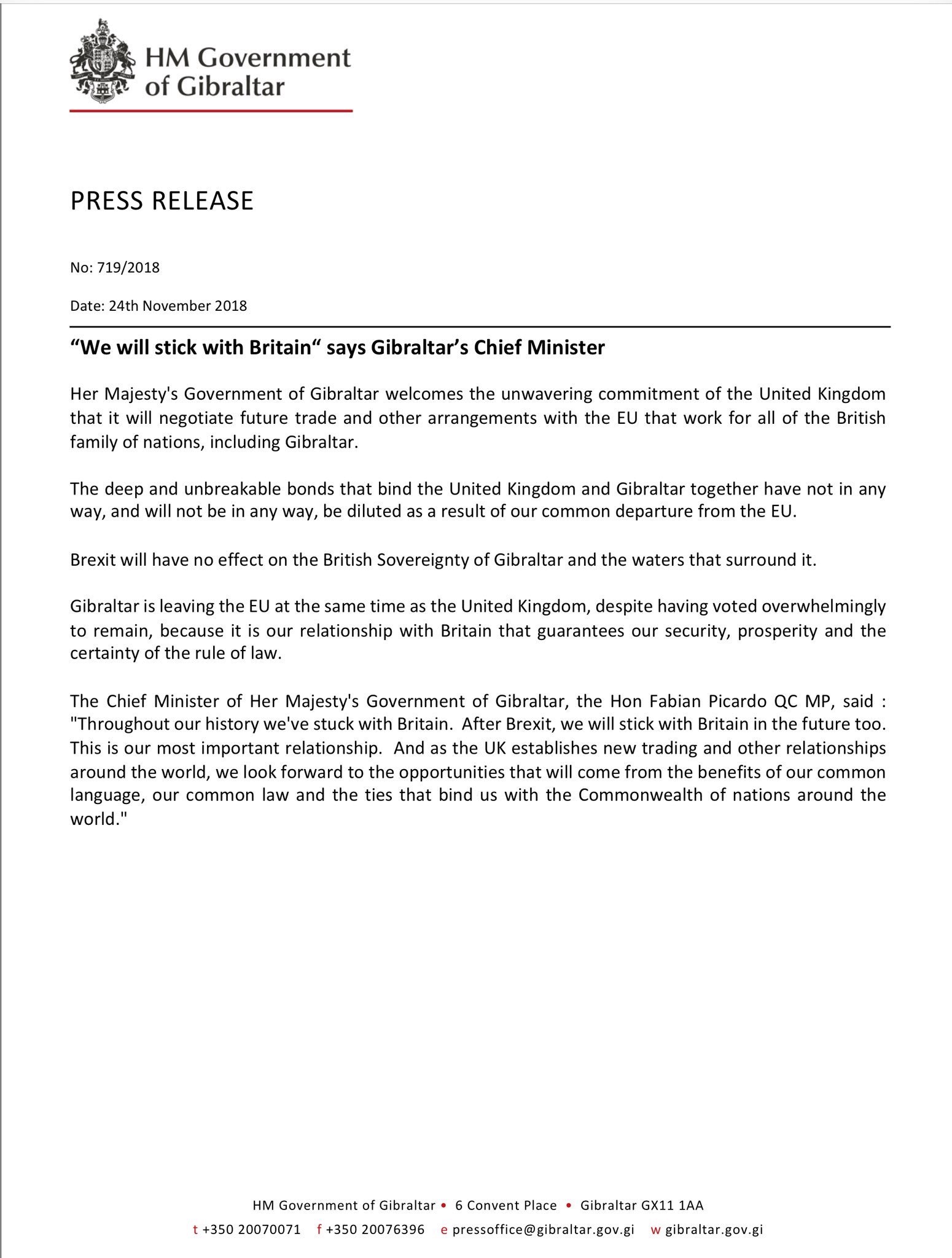
Here above is the full statement.
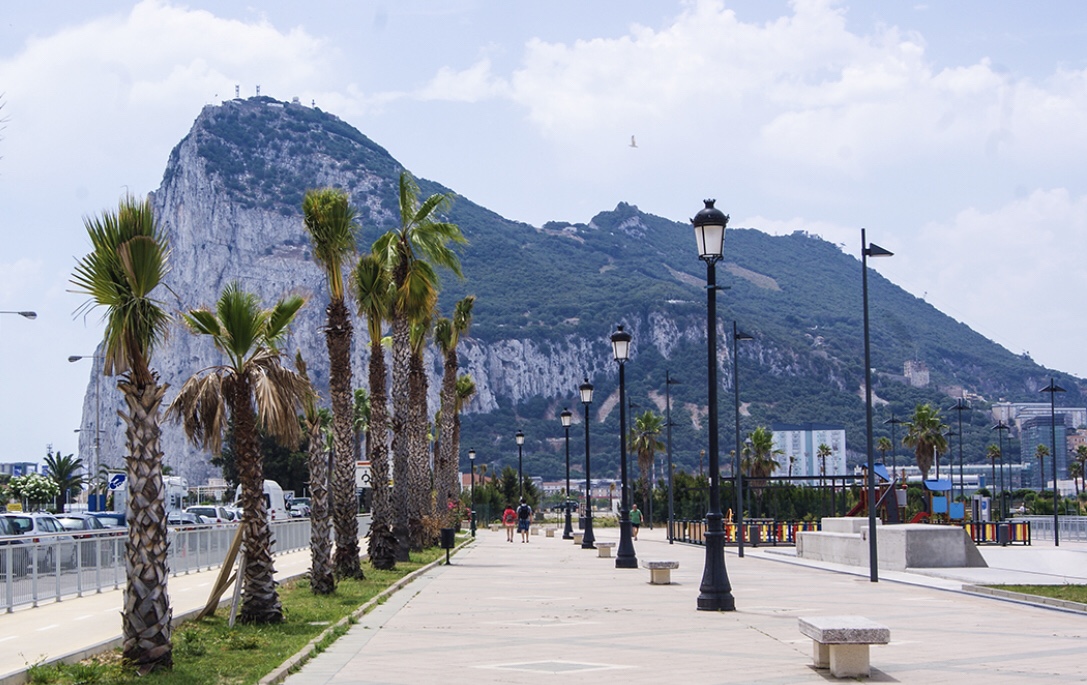
Gibraltar will be a UK landborder to EU on 29 March 2019.
“You say you love your children above all else, yet you are stealing their futures right before their very eyes,”
This 15-year-old Swedish activist GretaThunberg just called out world leaders at the UN Climate Conference in Katowice Poland, for their global inaction on climate change.
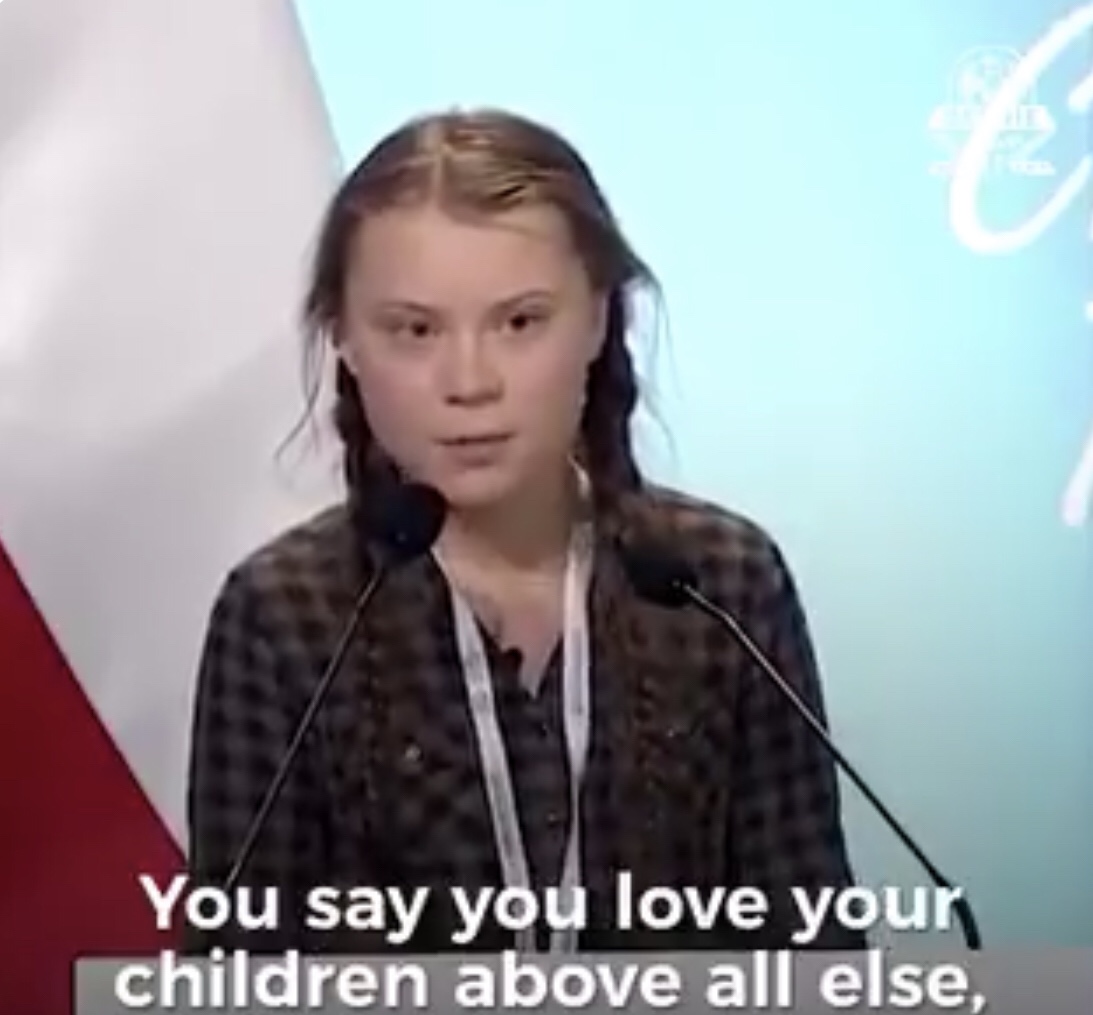
Thunberg became famous in August 2018 when she started a strike sitting outside the Swedish päParliament under the slogan “School Strike for the Climate”. Grete was invited by UN Secretray General to address the conference from the big stage and how she did it!
You can see her speech here: Greta Thunberg speech UN Climate Conference






You must be logged in to post a comment.